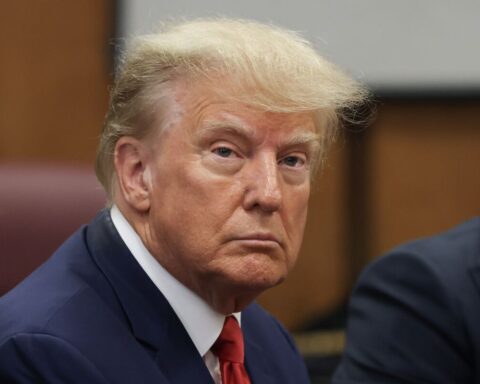On May 16, 2024, a majority of U.S. Senators approved a Congressional Review Act (CRA) to review the SEC’s Staff Accounting Bulletin No. 121 (SAB 121).
The Senate passed H.J.Res. 109 with a 60 to 38 vote, a rare bipartisan achievement. Notably, 51 of the votes came from Democrats.
Senator Cynthia Lummis highlighted this as a historic moment, marking the first time Congress passed standalone crypto legislation.
President Biden had previously threatened to veto any resolution overturning the SEC policy.
The White House stated its strong opposition to disrupting the SEC’s efforts to protect investors in crypto-asset markets and the broader financial system.
Despite the threat, historical data shows that around one-third of threatened vetoes are never executed, making the outcome uncertain.
The bipartisan support for the crypto bill was emphasized by Perianne Boring, CEO of the Digital Chamber, who noted that the controversy around SAB 121 led 21 Democratic Senators to break ranks.
Among the supportive Democrats was Senate Majority Leader Chuck Schumer. Boring suggested that Schumer’s support could prompt the White House to reconsider its stance, indicating a shift in Washington’s attitude towards crypto.
READ MORE: Binance Develops Antidote to Combat Growing Address Poisoning Scams
The Biden administration faces pressure from beyond the political sphere as well.
The American Bankers Association has urged President Biden to sign H.J.Res. 109 to protect consumers, highlighting the banking sector’s interest in offering custody services for cryptocurrencies.
With broad support for H.J.Res. 109, the Biden administration must decide whether to veto the resolution, potentially causing internal conflict within the Democratic Party as elections approach.
Patrick Kirby of the Crypto Council for Innovation explained that Biden has 10 days to sign, veto, or allow the resolution to become law without his signature.
Alternatively, Biden could use a pocket veto if Congress is not in session.
Donald Trump’s pro-crypto stance further complicates Biden’s decision, as Trump could leverage this position in the upcoming election.
Kirby noted that if Biden vetoes H.J.Res. 109, Congress could attempt to override it with a two-thirds majority in both chambers.
A possible resolution could come from the SEC itself. Republican Wiley Nickel suggested that SEC Chair Gary Gensler could revoke SAB 121, removing the need for Biden’s veto.
SEC Commissioner Hester Pierce criticized SAB 121 at a Blockchain Summit, saying it hampers industry growth by requiring companies to record crypto assets as both assets and liabilities, contrary to conventional asset custody practices.
Pierce welcomed Congress’s involvement in crypto regulation, viewing it as a positive development for consumers and financial innovation.
As the SEC holds the power to resolve this issue, the next move is theirs.
To submit a crypto press release (PR), send an email to sales@cryptointelligence.co.uk.




